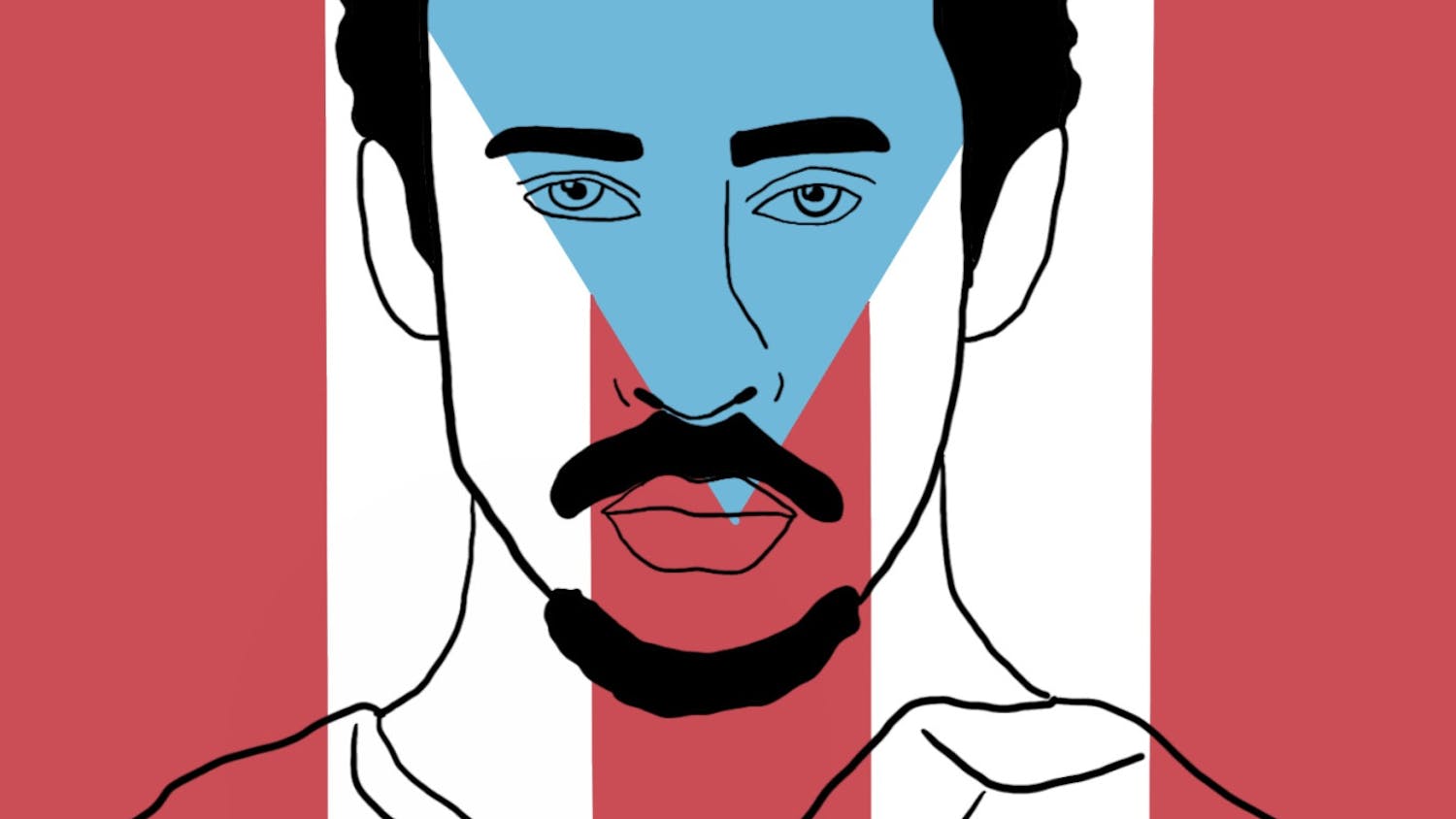October is Dyslexia Awareness month, devoted to gaining knowledge on dyslexia and recognizing those who are diagnosed with it.
Dyslexia is a learning disorder that causes difficulty with interpreting language, often through letters and symbols. This can manifest in difficulty reading, writing, sounding out and spelling words, but it does not impact general intelligence.
According to the Yale Center for Dyslexia and Creativity, dyslexia affects 20% of the population and is the most common neuro-cognitive disorder. Individuals with dyslexia are often diagnosed in early childhood, and there are resources throughout their education that can provide accommodations for their learning.
These accommodations are also present within colleges and universities. At Ohio University, students with certain learning disabilities can apply for accommodations through Student Accessibility Services.
“What they do is they will list a few of the impacts that they experience,” Nina Henderson, one of OU’s accessibility coordinators, said. “So, they might say, ‘I have trouble taking notes’ or ‘I might have difficulty with exams’ or ‘I run out of time on exams’ or ‘I don't understand what someone says.’ So, once we have the documentation about the disability. We spend a good deal of our time talking about what exactly the student experiences in their academics and then that tends to formulate what kind of accommodations these will result in.”
Christy Perez, director of student accessibility at OU, said the accommodations for students often vary, as the situations are evaluated case-by-case. Perez said this focus on individualization allows for the student’s needs to be met accordingly.
“Some of the more common ones that we see for students with dyslexia or learning disabilities with reading and writing would be things like extended test time so that they have more time to read through tests,” Perez said. “Some students use readers for exams, so that might be a human reader or technology that can read the exam aloud to them. We also have a way to provide materials in an alternate format, which is a means to produce the textbook in a way that would be compatible with technology that could read books aloud to them.”
Charnel Burton, a freshman studying criminology and sociology, was diagnosed with dyslexia in first grade. Burton said while these accommodations do exist for students at OU and other universities, the process is rather extensive.
“They should make it way easier to apply for,” Burton said. “It's like a six-step process for you to even get a learning evaluation for your degree. I feel like it should be way easier. They should tell you in advance. It should be easier to get to that person … for the evaluation instead of having to call somebody or email somebody, and you go back and forth with emails.”
Through making these accommodations easier for students, Burton said it will allow them to feel less isolated in their learning differences.
“It's the fact that dyslexia is going without being noticed,” Burton said. “If you feel like you're struggling to learn basic things that people aren’t struggling with, don't hesitate to go get tested.”
In diagnosing individuals earlier on, Burton said having that answer empowers individuals to know there are options available to assist in their learning.
“Once you know that you are diagnosed with dyslexia or you’re diagnosed with anything, you're going to feel so much better because you're going to know that you're not alone,” Burton said. “And you're going to know that there's going to be ways to help you get through life.”
Henderson said the assumption that dyslexia impacts intelligence causes students to feel insecure, something that Henderson tries to combat when working with students.
“What I often tell students (is that) it's not just having a learning disability. There are often self-esteem issues tied into this,” Henderson said. “I do really emphasize with students that you learn differently. This does not mean you have a low intelligence, you're not capable of learning (or) you're not capable of being successful, and we tend to teach in general in a very visually-oriented method, and if that's not someone’s strength, that can really put them at a disadvantage. So, we look at ways to capitalize on those things.”
Through learning more about dyslexia and recognizing it throughout the month of October, Perez said it helps to broaden the understanding of diverse learning experiences.
“I think it’s always important to bring awareness to different perspectives and experiences,” Perez said. “I think it's easy to get caught up in what our own experience is and have a very narrow or limited mindset of what a typical experience is like, and so I think anytime that there's an opportunity to raise awareness or just expand our own knowledge ... perspective is always really helpful in creating a more accepting and inclusive environment.”






